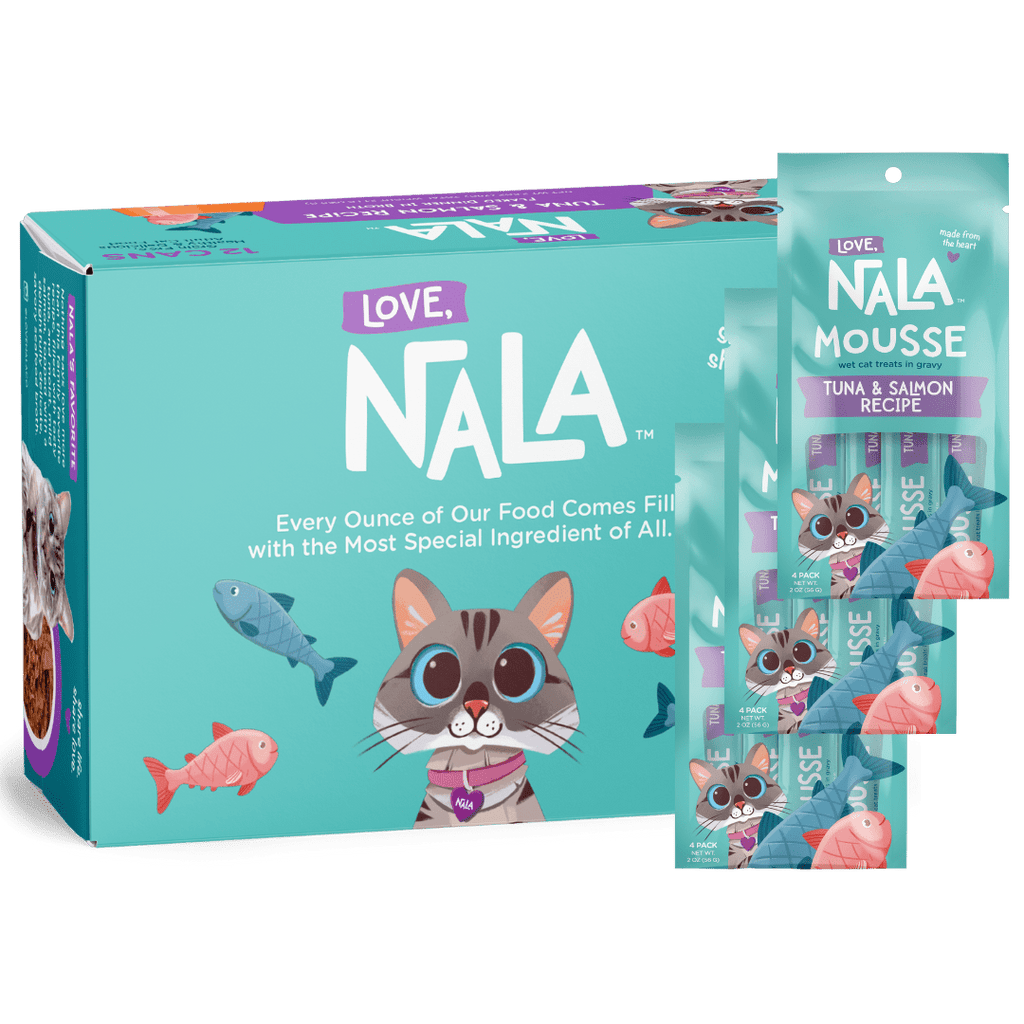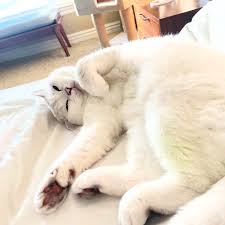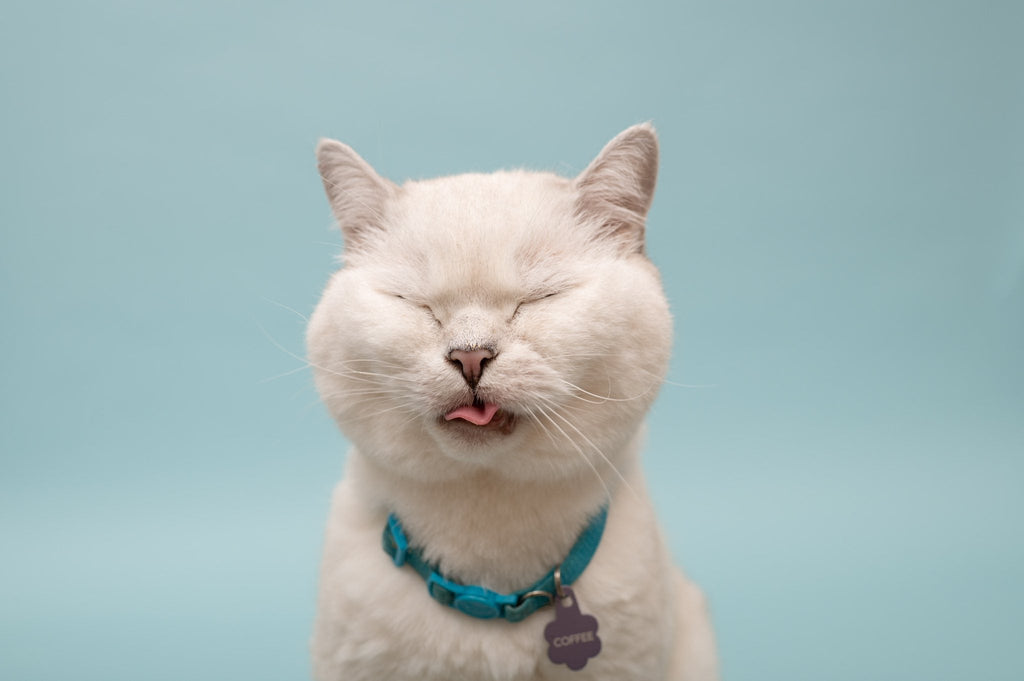Cats are obligate carnivores and the majority of their diet should consist of high-quality animal-based protein. However, vegetables contain a variety of nutrients that can be beneficial in boosting your cat’s immune system and improving their digestion. Given in moderation, vegetables can and should be incorporated into your cat’s diet as occasional treats or supplements.
Here are a few vegetables that are beneficial to cats’ overall health:
- Pumpkin: A small amount of cooked, plain pumpkin can help with digestion, provide fiber, and alleviate constipation or diarrhea.
-
Carrots: Cooked carrots are a great source of vitamin A and beta-carotene. Make sure to cut the carrots into small, easily manageable pieces so your cat can easily swallow them. Carrots should be avoided if your cat has a history of bladder stones or urinary crystals since carrots contain a moderate amount of oxalates.
-
Peas: Peas contain vitamins and minerals that support a healthy immune system while being a great source of fiber and vitamins. Since peas are high in carbs, they should be given in moderation as little treats. To decrease the chance of choking, serve peas cooked and pureed.
-
Green Beans: Cats can enjoy green beans fresh or cooked. They provide fiber, vitamins, and minerals and can help your cat’s digestion. Be sure to avoid canned green beans with added salt or seasonings that may be harmful. Like carrots, green beans contain a moderate amount of oxalates so avoid feeding your cat green beans if they have had bladder stones or urinary crystals.
- Squash: Cooked and mashed squash, including butternut and zucchini, can offer vitamins A and C and some fiber while adding some color and flavor to your cat’s diet.
-
Spinach: Spinach is rich in Vitamins A and K, iron, calcium, and potassium. Spinach also can have an anti-inflammatory effect on cats. Try offering a few leaves of fresh spinach and see how your cat reacts. Spinach also contains calcium oxalate so should be given in moderation to cats without urinary or bladder issues.
- Cucumber: Since they’re 96% water, cucumbers are perfect for increasing your cat’s hydration. Like spinach, cucumbers also contain vitamins A and K.
- Broccoli: High in antioxidants, broccoli is also a good source of roughage, which will help your cat with better bowel movements and a healthy digestive system. Only serve your cat cooked broccoli.
- Sweet potatoes: Sweet potatoes provide a lot of fiber. Only feed your cat a small amount, though, as too much too soon could lead to stomach aches.
On the other hand, some vegetables should never be offered to cats because they are difficult to digest or even toxic. Here are some vegetables that cats CANNOT eat:
- Chives
- Leeks
- Shallots
- Onions
- Garlic
- Canned vegetables with high sodium
- Pickled vegetables
Remember to introduce your cat to new foods gradually, individually, and in small portions. Monitor them for any signs of allergies or digestive troubles and consult your veterinarian if you have any concerns about your cat’s specific needs. Your cat may enjoy some veggies mixed in with their normal diet for added variety and enrichment, but make sure that treats - vegetables included - contribute to less than 10% of your cat’s caloric intake.
Love, Nala



















